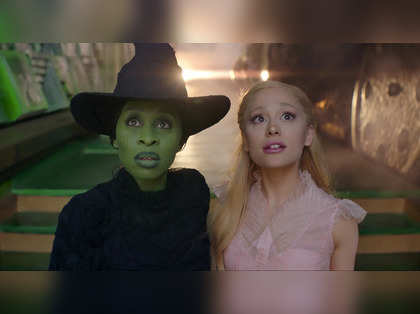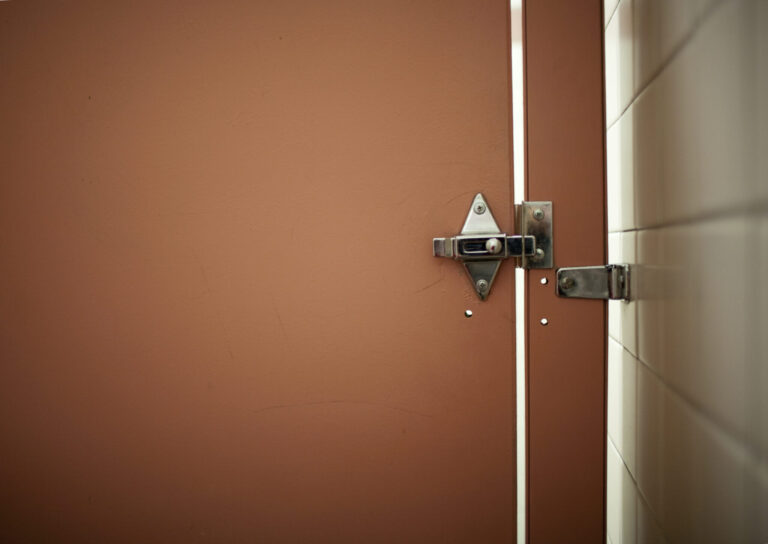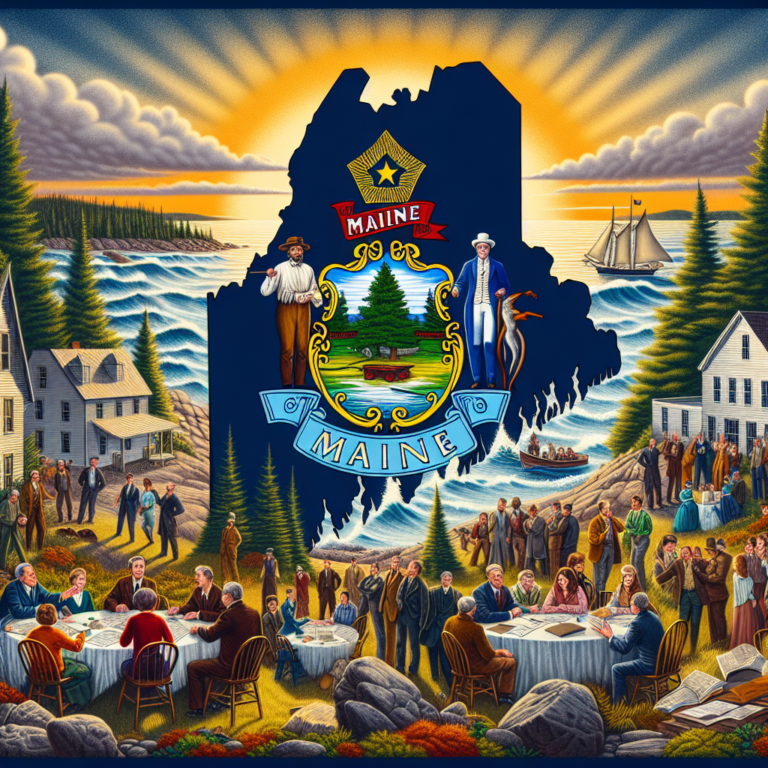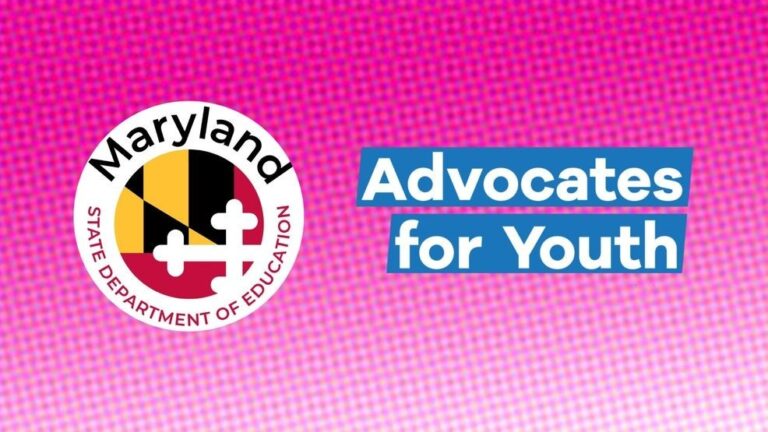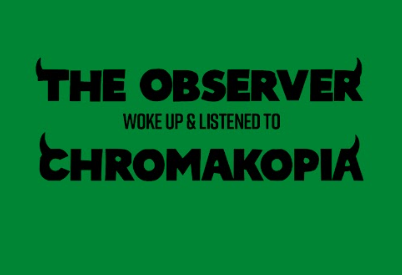Controversy Surrounds Wicked Movie: Accusations of Racism Explored
The Controversy Surrounding the Wicked Movie: A Closer Look at Accusations of Racism
The enchanting world of Oz has taken a controversial turn with the impending release of the Wicked movie adaptation. Originally a Broadway phenomenon, Wicked explores the untold story of the witches in The Wizard of Oz, delving into themes of friendship, betrayal, and moral ambiguity. However, as buzz builds around its cinematic transition, so do accusations of racism. This article digs into the controversy, examining the claims, what they mean for the film, and the broader implications for representation in Hollywood.
Setting the Scene: What is Wicked?
For those who may not be familiar, Wicked is a musical that flips the script on the traditional Wizard of Oz narrative. It tells the backstory of Elphaba, the Wicked Witch of the West, and Glinda, the Good Witch. Their relationship is complicated, marked by friendship and misunderstanding, highlighting themes of identity, acceptance, and societal perception. The adaptation into a movie has fans buzzing and critics sharpening their pencils, leading to the recent racial controversy.
The Accusations: What’s Being Said?
Not long after the film was announced, a MAGA pundit made waves with accusations that the movie promotes a racist agenda. With social media as its megaphone, the charge is that Wicked is offensive and discriminatory against white people, particularly aimed at the casting of characters portrayed by Ariana Grande and Cynthia Erivo. As the debate unraveled, numerous questions arose:
- Is the casting of a diverse lead a reflection of contemporary racial politics, or is it an overreach that alienates the film’s established fanbase?
- Does the portrayal of certain characters inherently carry a racial bias?
- How do these accusations affect the artistic vision behind Wicked?
These questions flickered through the minds of fans and casual viewers alike. In today’s climate of heightened social awareness, discussions around race are as potent as a flying monkey in the witching hour.
The Real Stakes: Why Representation Matters
You might be scratching your head, wondering why there’s such an uproar over a musical about witches and wizards. Well, representation in media shapes how we view ourselves and others. When characters on screen reflect diversity, it can either promote a sense of inclusion or, when mishandled, foster division.
Many argue that diverse casting has become a necessary step in correcting the historical inequalities prevalent in the film and theater industry. Others assert that artistic integrity gets compromised when racial quotas influence casting. So, what’s the truth?
Analyzing the Claims: Are They Grounded?
Let’s put our detective hats on and explore the core of the accusations. Skeptics argue that the casting choices in Wicked not only aim at hitting diversity targets but also detract from the original characters. But hold on a second—Wicked is a re-imagining of the Oz story! In adaptations, creatives often reinterpret characters and themes to resonate with contemporary audiences.
Consider this: If you were making a cupcake, would you stick strictly to vanilla and chocolate, or would you experiment with flavors to cater to different tastes? Likewise, adapting a story allows room for flavors of various cultural contexts. In this case, casting Erivo, who is both Black and British, adds a rich layer to the character of Elphaba.
A Delicate Dance: Balancing Authenticity with Interpretation
While the entangled conversation around race and art continues, it’s crucial to navigate this sensitive topic with caution. Critics who argue against the current casting choices often feel that such decisions displace the established fans of the original story. Yet, let’s not forget that adaptations need to breathe; they transform and evolve with the times.
As we unpack the discussion, we recognize the artistic responsibility to portray diverse, multifaceted characters respectfully while still engaging with the source material’s essence. Each production is a living organism, shaped by cultural influences and societal changes. It’s about striking a balance—where authenticity thrives and the audience feels seen.
Tackling the Broader Implications
So, what does this mean for Hollywood as a whole? The Wicked controversy is far from an isolated incident. As audiences become more vocal about representation, filmmakers and producers face increasing scrutiny over their choices, particularly when it comes to casting.
Understanding the Landscape of Hollywood’s Representation
- Historical Context: Traditionally, Hollywood has catered to a white-dominated narrative. Major films often sidelined or stereotyped characters of color. As awareness grows, the fight for authentic representation intensifies.
- Cultural Impact: Characters of color can challenge stereotypes, breaking down barriers and encouraging broader conversations.
- The Audience Factor: Diverse audiences are eager for stories that reflect their realities. Hence, films that authentically portray a range of experiences tend to resonate more deeply.
With Wicked, we see how even a fantasy tale pulls the thread of race into its narrative fabric. As audiences clamor for authenticity, the industry must grapple with the responsibility of meeting that demand while capturing the spirit of beloved stories.
The Future of Adaptations: What Lies Ahead?
As we cast our eyes toward the horizon of Wicked and other adaptations, it’s critical to ponder: what will the future look like? Producers are faced with choices that could either further the quest for equity in representation or create backlash from disenchanted audiences. Here’s what we might anticipate:
-
Evolving Narratives: Expect reimagined tales to reflect changing societal norms. Characters that once had rigid identities may deepen, open conversations, and build bridges across varied experiences.
-
Greater Diversity Behind the Scenes: The push for inclusion shouldn’t end with casting. Writers, directors, and producers from diverse backgrounds bring invaluable perspectives that can enhance storytelling.
-
Heightened Accountability: Audiences will continue to demand accountability in how characters are portrayed. When done well, adaptations can create a dialogue. When mishandled, they can become contentious battlegrounds.
-
Audience Engagement: As tensions around representation rise, audience feedback will play an increasingly important role. Films that invite interest and enthusiasm from fans can create culturally rich experiences.
-
Future Challenges: While adaptability brings growth, it also poses challenges. Creatives can’t please everyone; as the saying goes, you can’t make an omelet without breaking a few eggs.
Conclusion
As the Wicked movie prepares for its grand theatrical debut, the swirling accusations of racism remain a critical part of the conversation. While some may see this as a battle between artistic expression and social awareness, at its core, it’s a reflection of a broader societal shift. Adaptations challenge us to think critically about the narratives we consume and how they affect our worldviews.
In an age of heightened cultural sensitivity, it’s absolutely vital that we navigate these discussions with nuance, respect, and an open mind. Just like Elphaba and Glinda learned to understand one another’s differences, perhaps we, too, can find ways to embrace diversity in storytelling without losing ourselves in the process.
FAQs
1. What is the main plot of Wicked?
Wicked tells the backstory of the witches from The Wizard of Oz, focusing on the relationship between Elphaba, the misunderstood Wicked Witch, and Glinda, the Good Witch.
2. Why are some people accusing the Wicked movie of being racist?
Some claims stem from concerns over the casting choices, arguing that they favor diversity at the expense of the film’s original intent and alienate existing fans.
3. How does representation impact storytelling in movies and theater?
Representation shapes how audiences perceive identities, influences cultural conversations, and can either challenge or reinforce stereotypes.
4. What changes can we expect in future film adaptations?
Future adaptations may feature more diverse narratives, increased accountability for representation, and a commitment to authentic storytelling from various cultural perspectives.
5. Is it possible for adaptations to balance diversity and authenticity?
Yes, it is possible! Adaptations can honor the source material while incorporating diverse perspectives if done respectfully and thoughtfully.

